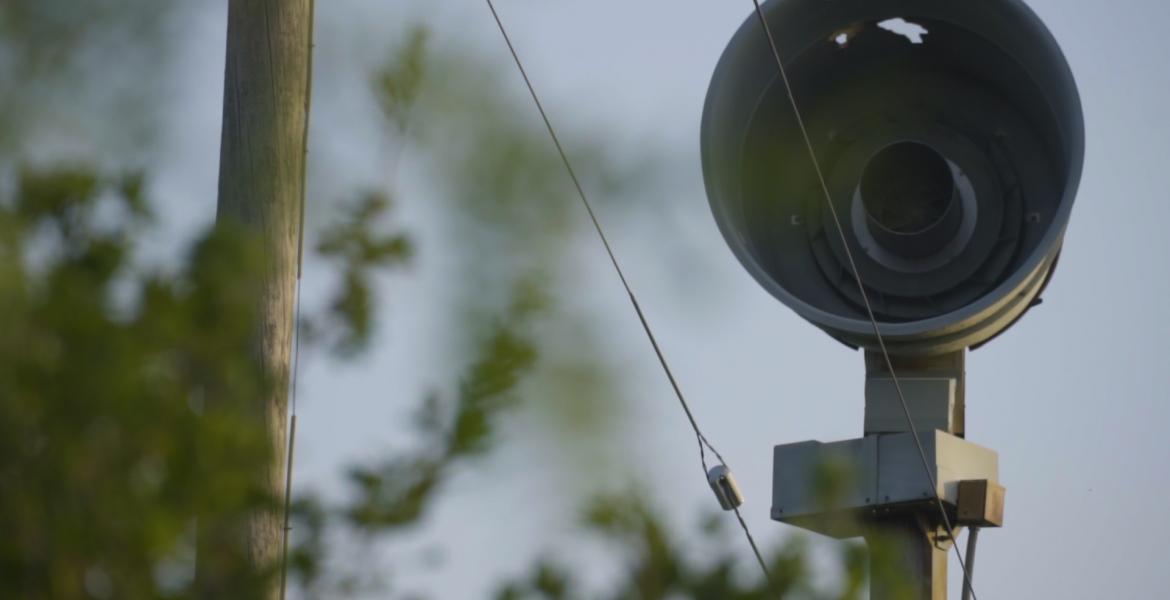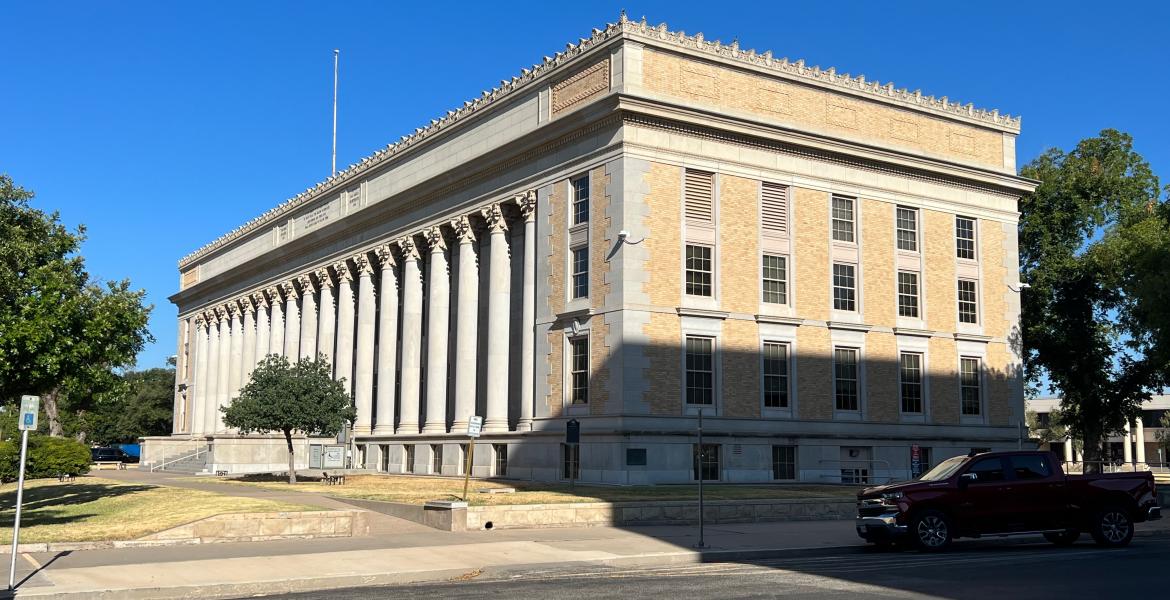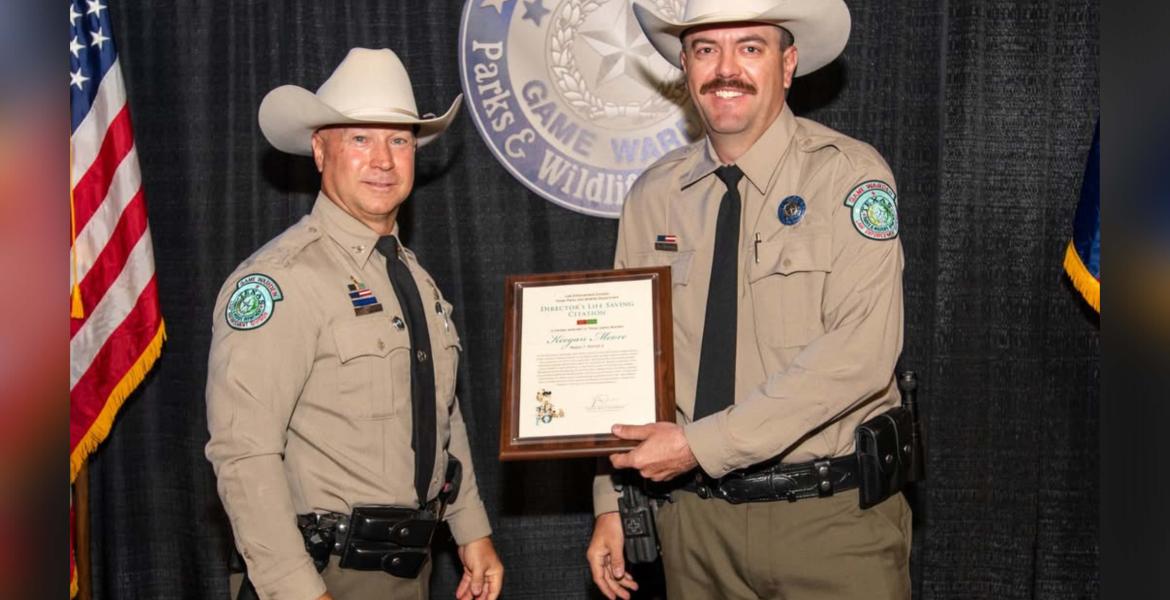BIG SPRING – During their regular board of trustees meeting on October 28th, Howard College officials announced plans that will be taking their well-known dental hygiene program a step further thanks in great part to a generous donation from Marie Hall.
The gift will fund three phases of development that will include support for a dental faculty chair and a dental assisting faculty chair, faculty development and student support services, a simulation lab, extended online education courses, and satellite clinical sites.
“We are so excited about this strategic plan and the opportunity it will provide to grow and strengthen our dental hygiene program as well as the gift of encouragement,” said Dr. Cheryl T. Sparks, President of Howard College. “This will add some needed support for development so we can be more adaptive to our student needs while continuing to provide a high quality education.”
Phase I will address immediate needs in support of the program faculty and students. Two faculty chairs will be established and named in honor of previous well-respected directors/leaders of the dental hygiene program, Dr. Alice B. Haynes and Dr. Rip Patterson. Professional development for faculty will be enhanced as well as student services for the students in the form of tutoring.
Also in Phase I, the college plans on implementing a pilot satellite clinical training site and further study of inclusion of online courses in the program.
With the rural nature of the program’s location, satellite clinical training sites will be developed throughout several communities in the area. The satellite offices will be included in the training curriculum with various dental offices mixed into the student rotations. These offices will provide students with expanded experiences working with patients and diverse dentists.
“We want to be able to expand the horizons for our students,” said Sparks. “And our vision for the satellite clinical sites is to integrate the students into various communities while also reducing their travel required since we draw students from across the region. The closest dental hygiene programs are located in Amarillo to the north, El Paso to the west, Fort Worth to the east and San Antonio to the south.” In addition, appropriate online options will be incorporated into the curriculum to accommodate the needs of the geographically diverse student make-up of the program.
Phase II will not only continue with implementation of satellite clinics but will also bring the program’s technology and resources to a new level through the addition of a simulation lab.
“There are very few dental simulation labs across the nation, particularly associated with dental hygiene programs. Most are found at Schools of Dentistry,” added Sparks. “So we will definitely be on the cutting edge of technology with the addition of this lab for our program due to the vision and innovation encouraged by Marie Hall.”
A cornerstone of the strategic plan will be the creation of The F. Marie Hall SimDental Center located adjacent to the existing dental hygiene clinic. The center will house 10 smart simulation units and will enhance students’ learning experiences without requiring live patients. The equipment will increase hands-on learning opportunities for students and strengthen skill sets necessary for entering the workforce.
Phase II will also encompass the implementation of the first pilot course in a new dental assisting program. This program will provide a pre-cursor for students who are interested in the dental field and allow them to get experience and training up front to see if it is a good fit for them.
“With the dental assisting program, we are hoping to offer another educational pathway for our students,” said Sparks. “This will help prepare them for the many different avenues and careers available in the dental field.”
Phase III will continue with full implementation of the dental assisting program and will integrate the courses into the college’s strong dual credit program. Sparks added, “The dual credit piece will offer our high school students an option to become career ready upon graduation.”
Full implementation of the eLearning courses will be included in Phase III. The courses will be carefully selected and utilize proven best practices for online education. By moving some courses to an eLearning format, it will not only decrease expenses students incur with travel but will also create more time for clinical experiences and hands-on applications.
“All three phases of the program development will bring tremendous opportunities for our students and communities that we serve,” said Sparks. “And it would not be possible without the generous support of our long-time friend Marie Hall. We are so grateful for her continued support of our college and most importantly, our students.”
The college plans to begin implementation immediately with activity in Phase I beginning as early as the Fall 2013 semester.
For more information contact Cindy Smith at[email protected] or visit www.howardcollege.edu
Subscribe to the LIVE! Daily
Required






Post a comment to this article here: